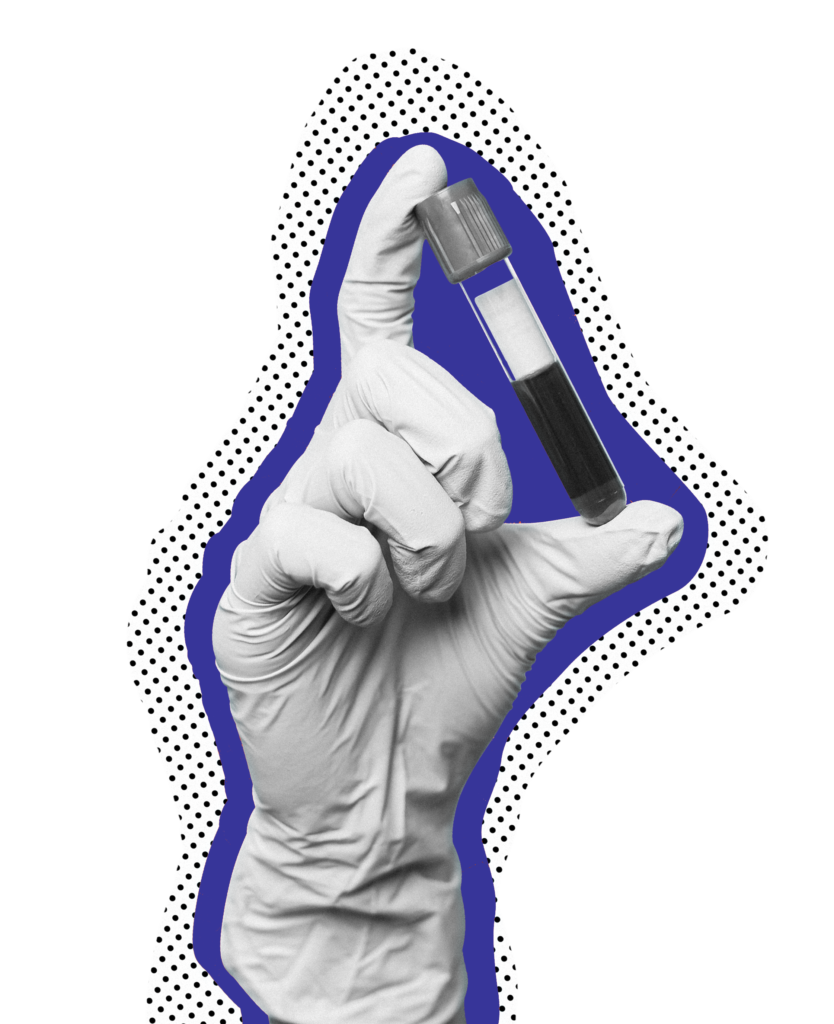SkunkWorx Bio was recently awarded an STTR grant from the NIH to work on pediatric ATRT tumors in collaboration with Weill Cornell Medical Center. These tumors are highly lethal and there are few available treatment options available. Patients have poor survival outcomes. SkunkWorx believes that its bispecific drug conjugate, 429-SM, is a first-in-class therapeutic and will become a front-line therapy for this disease.SkunkWorx Bio was recently awarded an STTR grant from the NIH to work on pediatric ATRT tumors in collaboration with Weill Cornell Medical Center. These tumors are highly lethal and there are few available treatment options available. Patients have poor survival outcomes. SkunkWorx believes that its bispecific drug conjugate, 429-SM, is a first-in-class therapeutic and will become a front-line therapy for this disease.
Summary: The applicants of this Phase I application propose to continue developing peptide-drug conjugates (PDCs) that combine a novel binding peptide (“429”) against the Insulin-like growth factor I receptor (IGF-1R) with potent cytotoxic drugs for killing targeted atypical teratoid/rhabdoid tumor (AT/RT) cells. The responses to the previous critiques were addressed properly.
Their preliminary data showed that PDCs, in which peptide 429 is conjugated to the antimitotic toxin monomethyl auristatin E (MMAE) or Panobinostat, were efficacious against IGF-1R-expressing and AT/RT cell lines in vitro. The scientific rigor of the prior research was supported by presented preliminary data demonstrating that animals’ treatment with 429-MMAE resulted in robust inhibition of tumor growth compared to vehicle or peptide only treated arms. The innovation lies in the development of novel anti-IGF1R PDCs to specifically target AT/RT cells and to allow safe administration of cytotoxic MMAE and Panobinostat.
The proposal was viewed as significant because IGF-1R is highly expressed on the surface of AT/RT cells, and AT/RTs are rare but highly aggressive embryonal tumors that typically occur in children 3 and under and have a median survival between 6-18 months. Therefore, if successful, these studies might lead to the development of a new approach that would explore both systemic and direct drug delivery strategies to maximize payload delivery to tumor cells while limiting systemic exposure to drug.

